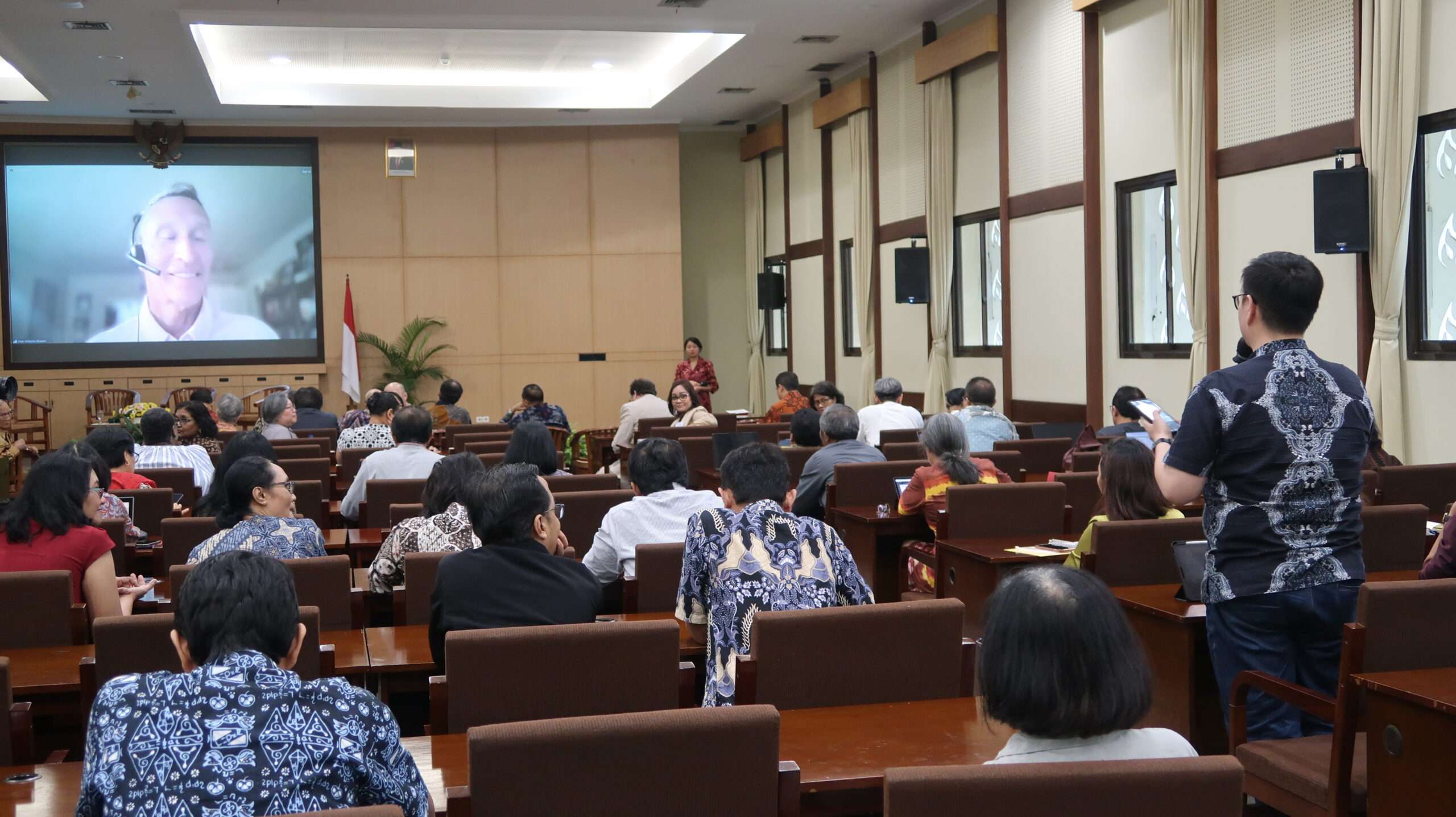
Imagine a classroom where the lecturer is not a person but an AI avatar delivering lessons with precision and adaptability. This is not a scene from a science fiction movie but a reality soon to be implemented at Raffles University in Malaysia. The university is set to launch a degree program entirely taught and assessed by artificial intelligence. The MyAi Teaching Assistant platform, developed by Professor Sasa Arsovski, enables academics to upload lecture presentations, which are then transformed into virtual classes delivered by AI avatars. This technology not only mimics the lecturer's voice and image but also engages with students, generating personalized homework and grading assignments.
AI, or Generative AI (Gen AI), has become the buzzword not only in tech circles but across various sectors, including higher education. In her first year as United Board President, Dr. Pareena Gupta Lawrence visited more than 34 institutions within the United Board Network. The potentials and challenges of Gen AI frequently emerged during her discussions with leaders, administrators, faculty, and students. As Pareena noted, "I heard from our network partners that they want help thinking through the many issues Gen AI is raising, and they want to work together to discover how best to leverage these tools in service of their institutions and missions."
The tech tooth in whole person education
Through funding and collaborations, the United Board has been proactive in raising awareness about technology-integrated pedagogy among institutions. In partnership with Hong Kong Baptist University (HKBU), the webinar series "AI-Powered Tools in Higher Education" was launched in 2023 to explore the positioning of AI tools in higher education from both Asia-based and international perspectives. This initiative underscores the United Board's commitment to equipping educators with the knowledge and skills needed to effectively integrate AI into their teaching practices.
The United Board recognizes the immense potential of AI in advancing its mission of educating the whole person—intellectually, spiritually, and ethically. Harnessing AI capabilities can facilitate innovative skill development, including effective communication, critical thinking, empathy, and ethical reasoning.
The relationship between whole person education and AI tools is one of synergy. AI can enhance personalized learning and teaching efficiency while supporting the holistic development of students. However, it is crucial to prioritize human interaction and ethical considerations to ensure that the integration of AI enriches rather than diminishes the educational experience. Hence, there has always been an emphasis on digital ethics and responsible AI use. A recent example is the online certificate course "An Introduction to Digital Ethics," co-offered with HKBU, which explores key topics such as academic integrity, accessibility, digital well-being, and ethical data use in higher education.
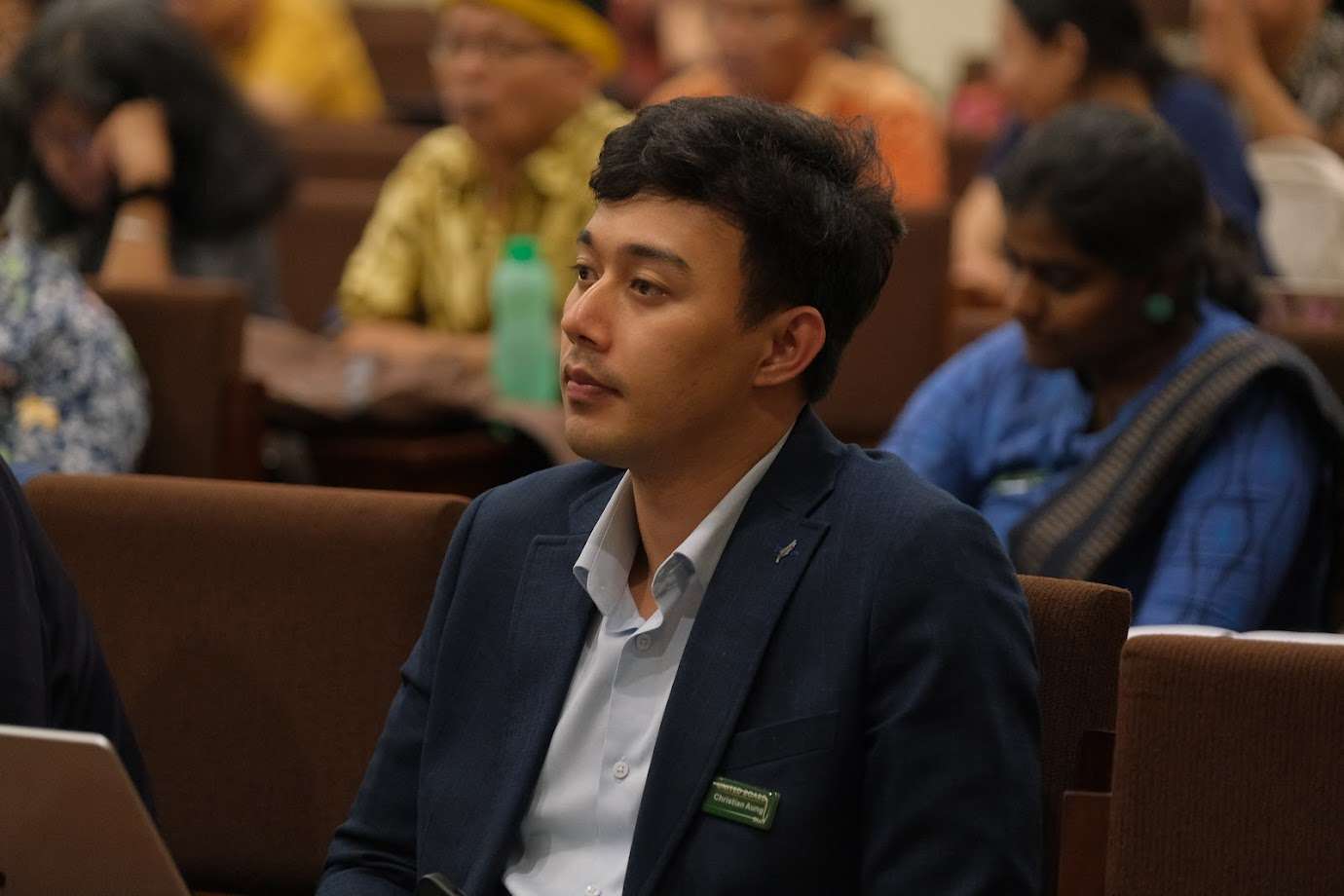
The United Board's commitment is further evidenced by its investment in human capital for technology. Mr. Christian Aung joined as Education Technology Officer in May 2024 to strategically enhance awareness and technological capability within the institutions served by the United Board. With a background in marketing and academic coordination, Christian's role involves integrating AI and other advanced technologies into United Board initiatives while addressing institutions’ needs for developing critical thinking, service orientation, and ethical outlook among their students—core tenets of whole person education long championed by the United Board.
Christian emphasized the importance of AI in transforming educational practices by personalizing learning experiences. He mentioned how AI can analyze student data to address individual needs, strengths, and weaknesses, thereby enhancing student engagement and motivation. This approach supports the goal of nurturing the whole person. He also noted that automating administrative tasks, such as grading and providing feedback, would allow educators to focus on meaningful interactions, which are essential for fostering students' emotional and social development. Additionally, Christian highlighted the potential of technologies like virtual and augmented reality, which, when combined with AI, can create immersive learning environments. These environments can simulate real-world scenarios, deepening students' understanding through experiential learning, which is central to whole person education.
Stakes are high as standards rise
Another strategic response from the United Board is fostering continuous dialogue among educators and institutions. On June 13, a symposium titled "A Symposium on Generative Artificial Intelligence" was held at Sanata Dharma University (USD) in Indonesia. The event commenced with a keynote address by Dr. José Antonio Bowen, a renowned education innovator who discussed the transformative impact of AI on education and society. He emphasized that AI will change how we work and think while raising expectations for students as it takes on tasks traditionally performed by humans. AI can also enhance communication by providing personalized feedback and fostering creativity through idea generation.
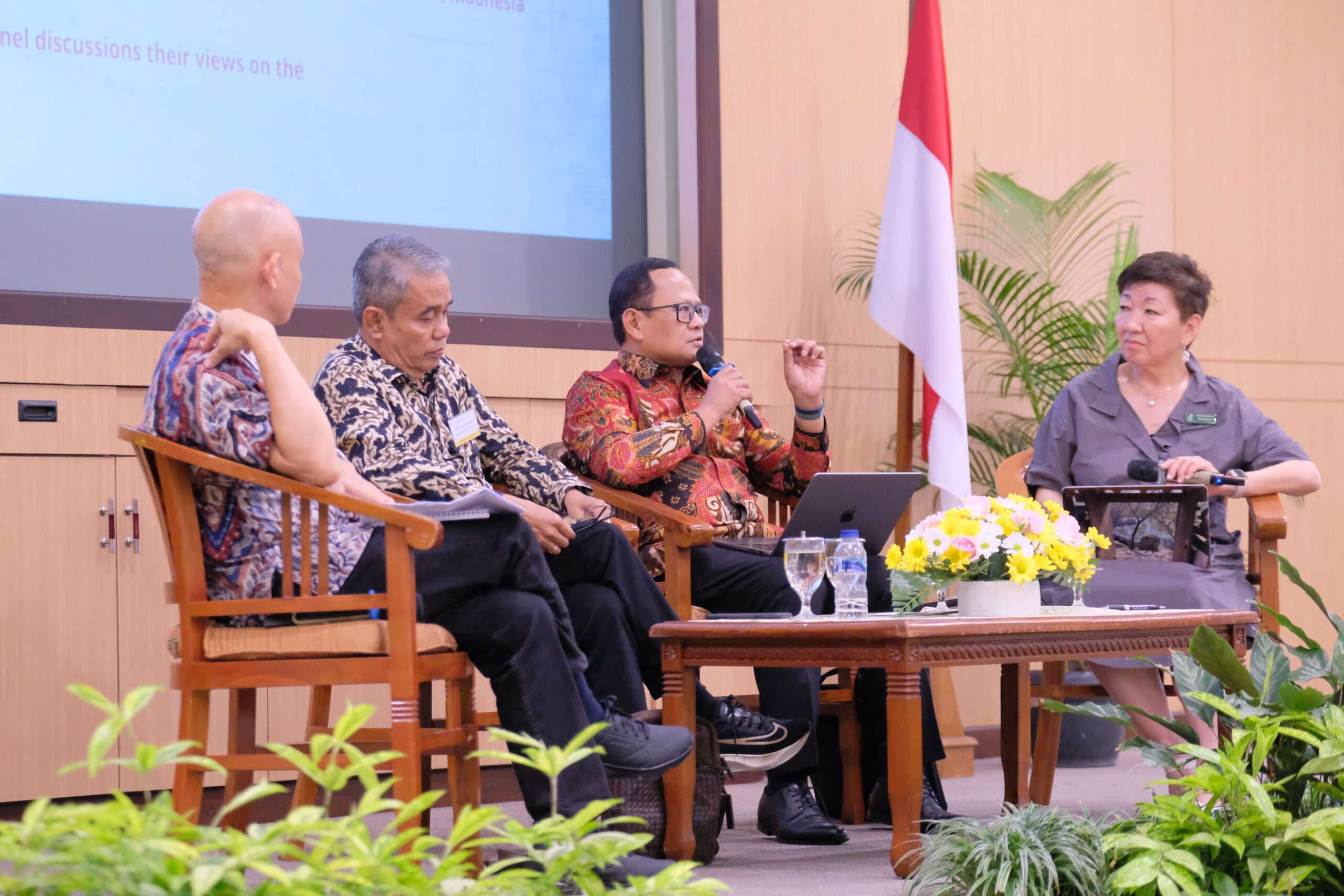
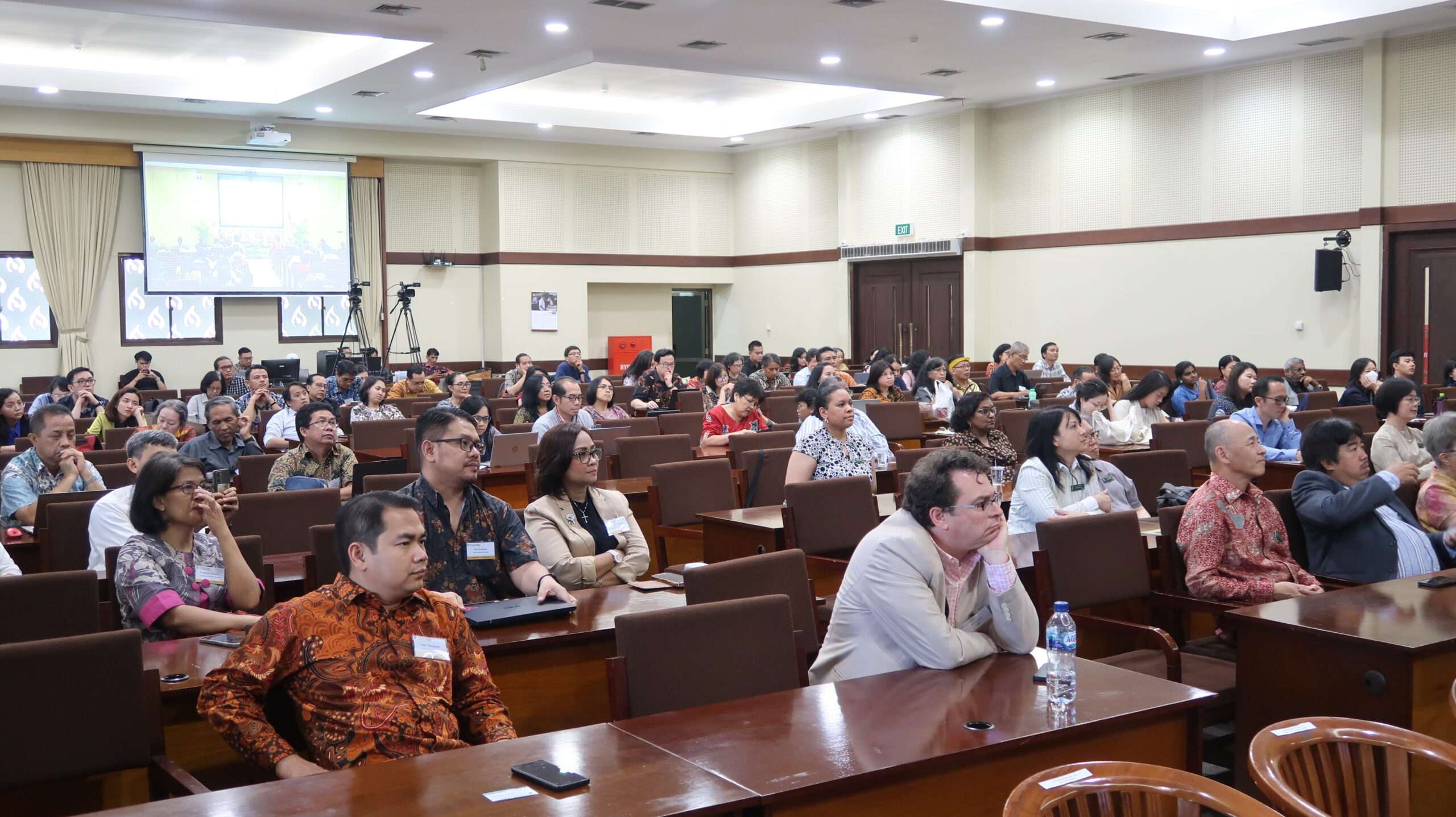
Following the keynote address were two panel discussions: one featuring university leaders and another comprising students and faculty members. Drs. Albertus Bagus Laksana, Ferdinandus Hindiarto, and Djwantoro Hardjito—rectors from USD, Soegijapranata Catholic University, and Petra Christian University, respectively—discussed future university governance in the AI era with a focus on policy, ethics, and innovation. They stressed the need for clear guidelines regarding AI's role in teaching, research, and administration while addressing ethical concerns such as academic integrity and potential inequalities.
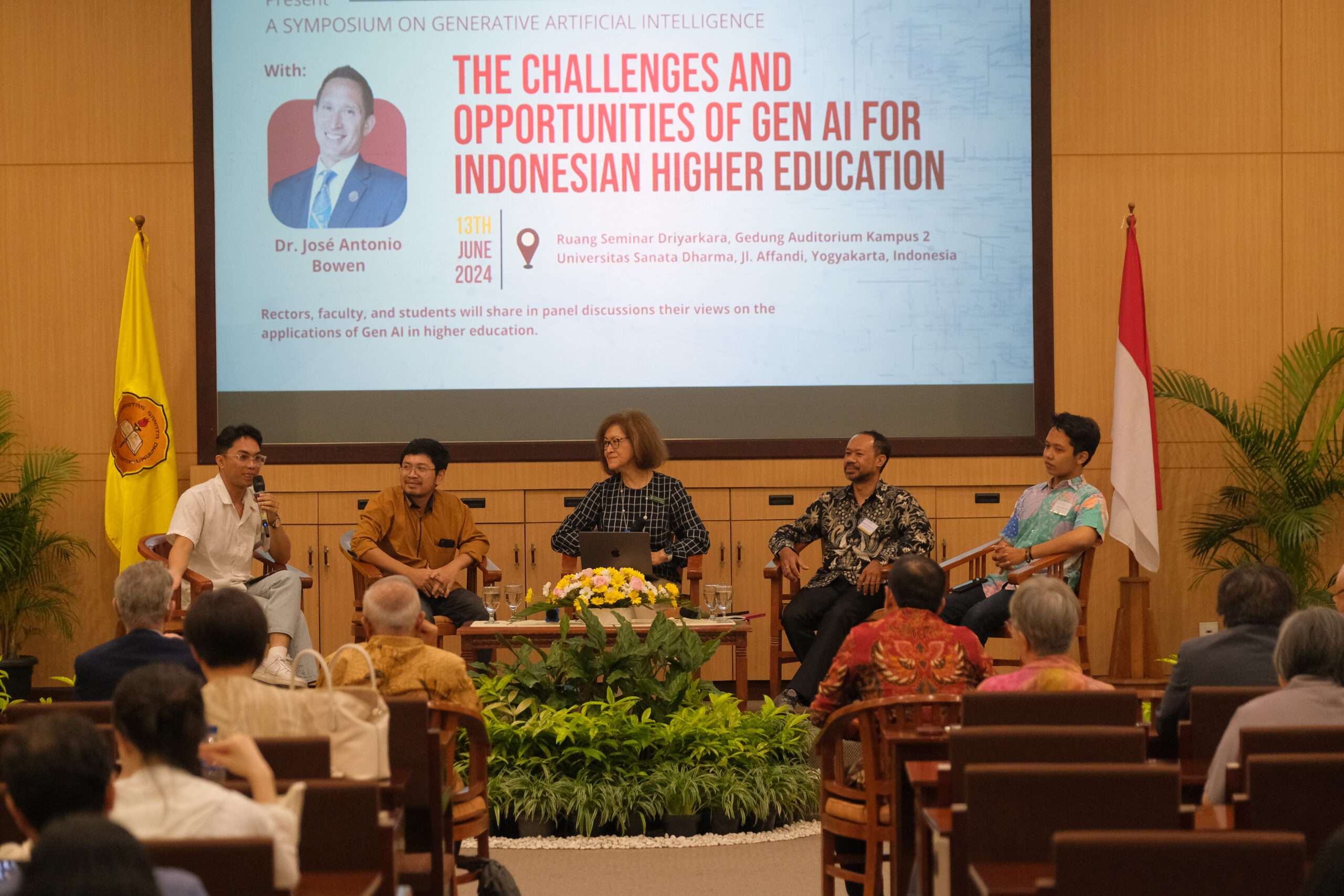
The second panel provided insights from students' and faculty members' perspectives on using AI for personalized learning within collaborative environments. A key concern was ensuring ethical use of AI by students while emphasizing critical evaluation of AI-generated content. The panelists discussed developing new assessment strategies that focus on learning processes rather than rote memorization.
The United Board saw some of its partners already taking bold steps to up their game. For example, university leaders present at the Presidential Forum on Transformative Change held in Singapore on 19 July heard Professor Eun Mee Kim, president of Ewha Womans University, share her vision of Ewha's newly established College of Artificial Intelligence to advance education and research in AI, nurture AI talent, and explore human-centered AI.
The world as a classroom
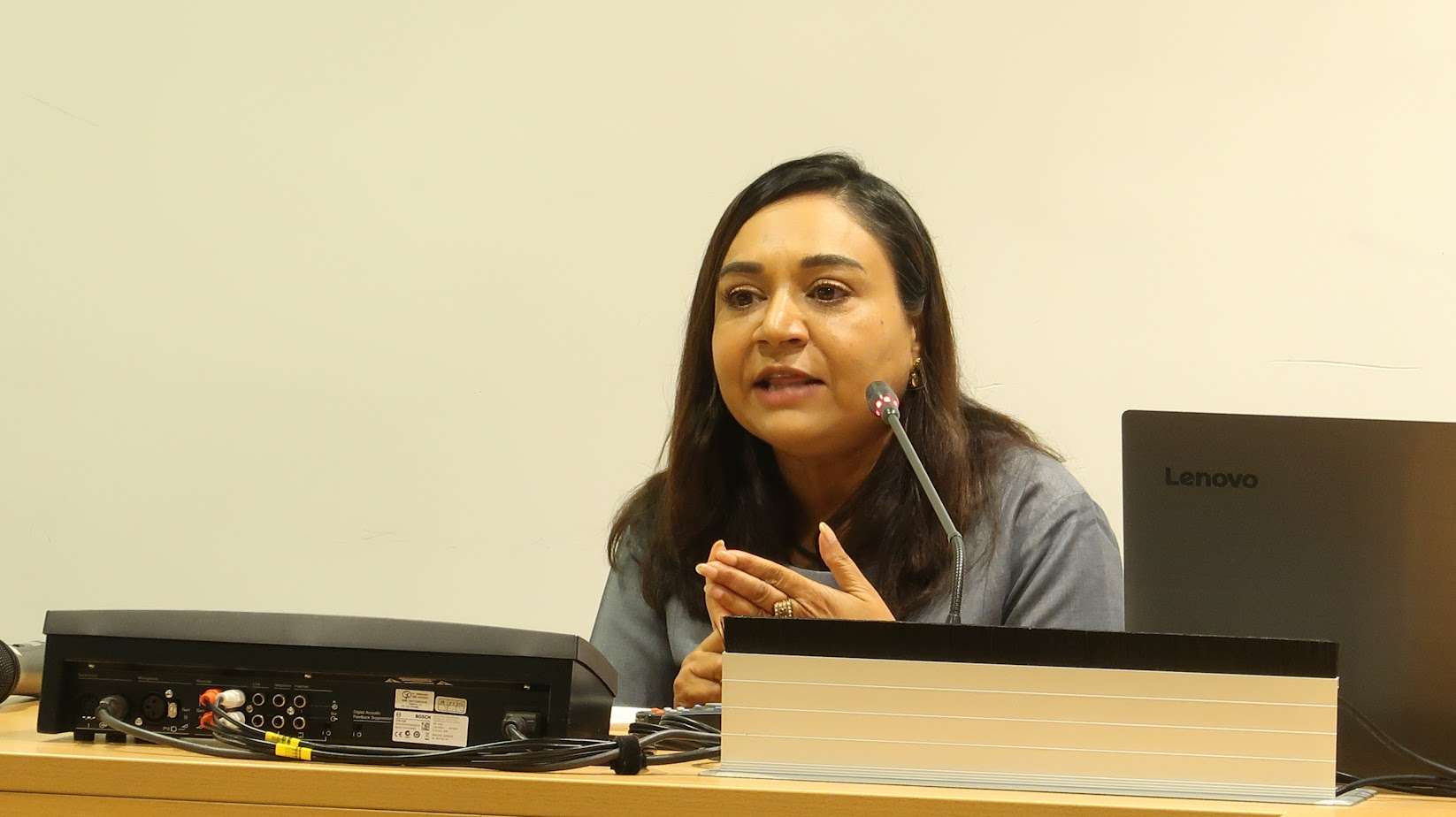
"The one constant in higher education has been the classroom," said Pareena. "Here, teachers and students create shared experiences that lead to rich dialogue, new relationships, and deep learning."
"Today," she continued, "the world is our classroom." Pareena envisions a future where AI seamlessly integrates into higher education while emphasizing student-centered learning models that prepare students for an evolving digital workforce: "We must embrace and integrate AI into higher education by building capability without abdicating our role as educators."
Through strategic partnerships, innovative programs, and a focus on ethical AI use, the United Board is paving the way for a future where technology enhances rather than replaces the invaluable human elements of education—the essential "person" in whole person education.
